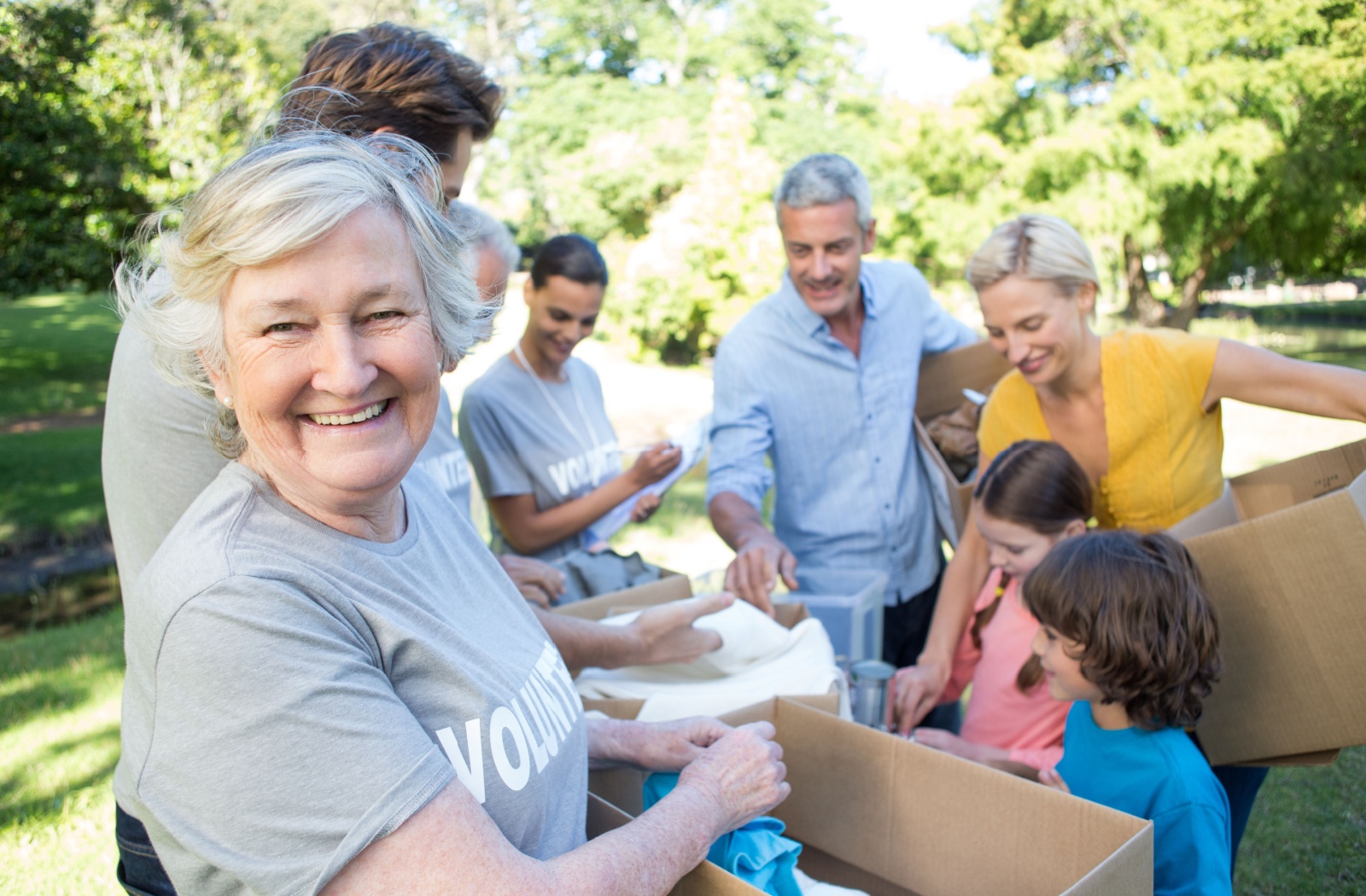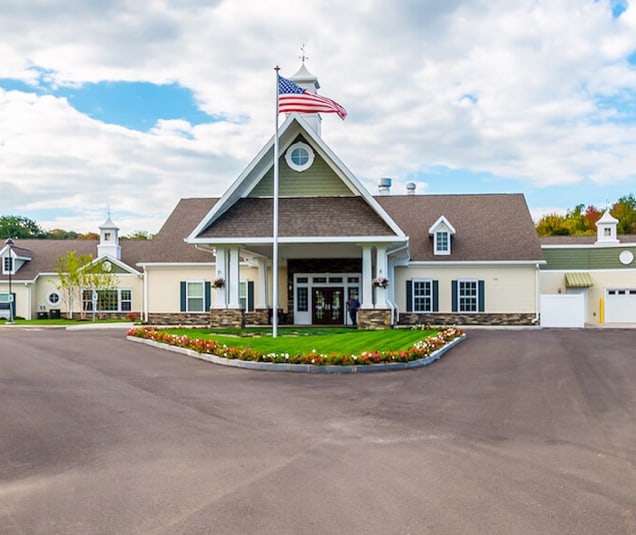Aging is a beautiful process filled with wisdom, experiences, and milestones. But as the years go by, maintaining a healthy memory can become a challenge. Minor memory lapses, while normal, can sometimes make you feel frustrated or overwhelmed.
The good news is that there are physical, mental, and social memory-friendly activities that can support healthy aging and protect memory. Exercise, learning new skills, and volunteering can all positively affect one’s quality of life.
Whether you’re looking to stay active, challenge your mind, or build meaningful social connections, there are many ways to age gracefully and with vigor.
Physical Activities for Memory
Physical activity isn’t just about staying fit—it’s also vital for your brain health. Regular exercise promotes better blood flow to the brain and supports memory-related functions. Here are 3 types of physical activities highly recommended for memory health.
Aerobic Exercise
Aerobic activities (like walking, cycling, or swimming) are often called “cardio” for a good reason—they’re great for your heart. But did you know they also benefit your brain? Exercise increases blood flow and activates particular molecules that help nourish your brain’s hippocampus, the part responsible for memory and learning.
You don’t have to run a marathon to get the benefits of aerobic exercise. It’s as simple as an easy hike with friends, a brisk walk around the community a few times a week, or joining a group water aerobics class at your local aquatic center.
Strength Training
You might associate weights with building muscles, but they can also benefit your mind. Strength training fosters neural plasticity, or the brain’s ability to adapt, which is key for learning and memory retention. And research shows that it can help protect areas of the brain that are particularly susceptible to Alzheimer’s disease.
Of course, strength training can also provide other health benefits, which is why the CDC recommends that seniors incorporate strength training at least 2 days weekly.
Balance Exercises
Aging often brings physical challenges like reduced balance. Activities like Tai Chi and yoga help improve coordination and encourage mindfulness and focus—two skills that can enhance memory.
Another CDC recommendation for seniors and physical activity is to include balance-building activities throughout the week. Improving balance will also lower the risk of trips and falls.

Mental Exercises for Cognitive Function
Your brain is like a muscle—the more you use it, the stronger it gets. Mental activities help strengthen synaptic connections, which support memory and learning.
Puzzles & Brain Games
Crossword puzzles, Sudoku, memory cards—you name it. Brain games stimulate neural pathways and keep your mind active. Incorporate time in your day to solve puzzles or play strategy-based games. With technology, incorporating these games can be even easier. Try apps or online games that challenge reasoning and recall abilities.
Learning New Skills
It’s never too late to pick up a new skill. Whether learning to cook a new recipe, trying a musical instrument, or exploring a new language, learning keeps your brain engaged. New activities create new neural connections, boosting memory retention. Plus, skill-based hobbies can give you a sense of accomplishment, which is uplifting.
Reading & Writing
Reading ignites your imagination and expands your world, while writing helps organize thoughts. You could join a book club to both challenge your mind and meet like-minded people. Or keep a journal to jot down memories, ideas, or reflections. Writing is therapeutic and supports recall.
Social Activities for Emotional & Mental Well-being
The human need for connection doesn’t fade with age. Social engagement is one of the most effective ways to keep your mind sharp and your emotional health intact.
Group Activities & Clubs
Book clubs, craft circles, or garden groups—joining communities around shared interests offers stimulation and connection. Look for local meetups or senior-focused interest groups. Connecting regularly keeps isolation at bay, which contributes to memory decline.
Volunteering
Giving back is nourishing for your soul and brain. Volunteer work often involves solving problems and interacting with new people—both are great exercises for memory and social health. Offer your time at schools, libraries, or community shelters. By helping others, you’ll feel fulfilled and mentally stimulated.
Staying Connected with Loved Ones
Never underestimate the power of a phone call or a shared meal with family. These small moments strengthen bonds and provide emotional comfort, indirectly supporting memory. Schedule weekly calls or video chats with family and friends. Try sharing stories with friends. This is a simple and joyful way to keep your memory active.
A Holistic Approach for a Healthier Memory
Addressing memory health and healthy aging doesn’t have to be overwhelming. Integrating physical, mental, and social activities into your routine gives your brain the stimulation and care it deserves. The goal isn’t just to focus on one type of activity but to create a balance that keeps you active, engaged, and connected.
Remember, every step counts—whether walking around the park, finishing a puzzle, or catching up with an old friend.
Reach out to our compassionate team at Peregrine Senior Living at Onondaga Hill if you’d like some additional guidance. We’re here to support you and your family mentally, physically, and emotionally.












No more posts